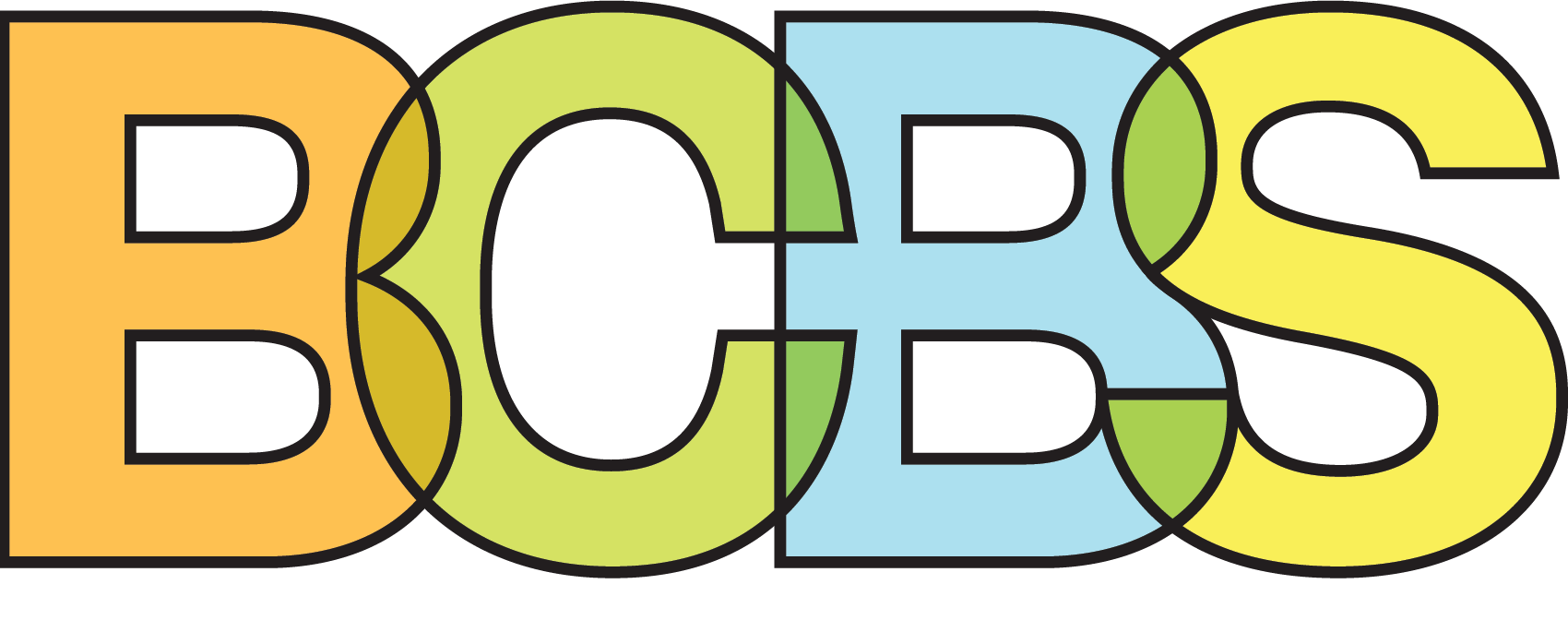BCBS Principles
How do we know if our library embraces equitable summer services? Building Community Based Summers’ Principles help us to answer that question. They are our calls to action. They inspire change, help us set clear goals, and take the mystery out of assessing our equity-focused efforts. When woven together these principles are the foundational fabric of all equitable libraries.
Our learning sessions cover the deep details of the principles and how to apply them.
Begin with any of our four principles. Acknowledge that equity work requires ongoing iteration and is not a box to be checked off. Recognize that each of our principles connects and bulilds on others. Find a place to start!



Now equity is forefront in my mind when planning summer, which is a great start, but I know that this will be an ongoing evolving process.
Center Community

CENTER COMMUNITY by asking “How do we…”:
- Gather, analyze, and use input from community members experiencing marginalization?
- Avoid making assumptions by identifying datasets that minimize bias and identify inequities?
- Ensure voices of marginalized community members are heard and included in decisions?
- Identify community members who can help to connect with those experiencing marginalization?
- Shift from one-time interactions to building ongoing relationships with marginalized community members?
- Align decisions with community strengths and challenges?
- Leverage community relationships in the design and implementation of summer services?
- Identify and break down external community barriers that impact the design and implementation of equitable summer services?
Rethink Internal Systems
RETHINK INTERNAL SYSTEMS by asking “How do we…”:
- Ensure job descriptions and staffing models support equitable summer services to provide staff with opportunities to foster relationships outside of the building?
- Design recruitment and hiring practices that focus on hiring community members experiencing marginalization?
- Identify and break down internal barriers in summer service planning and design by including input from all staff levels and departments?
- Recognize personal and institutional biases?
- Show commitment to achieving the why with those experiencing marginalization?
- Define the why for summer services to ensure it aligns with the needs and aspirations of communitymembers experiencing marginalization?
- Communicate the why for summer services to colleagues, leaders, decision-makers, community members, and vested partners
- Promote the idea of rethinking summer services as a way to build equitable practices, both in the library and in the community?
Reflect Continuously
REFLECT CONTINUOUSLY by asking “How do we…”:
- Ensure ongoing reflection, learning and iteration is valued and part of library culture?
- Spend time reflecting on personal lived experiences and how they impact work within the library and with communities experiencing marginalization?
- Talk with others about what we are learning through reflection
- Take time to reflect on summer services and determine what changes should be made and by whom?
- Use what’s learned from reflection to create equitable summer service practices?
- Continuously ask if library services are addressing the needs and strengths of those experiencing marginalization?
- Rethink summer service traditions to better serve marginalized community members?
- Review, analyze, and integrate data to ensure summer services and practices are equitable?

Foster a Culture of Learning
FOSTER A CULTURE OF LEARNING by asking “How do we…”:
- Learn about, implement, and sustain equitable practices?
- Investigate equitable practices in other settings to help make local improvements?
- Help colleagues and partners understand the design and implementation of equitable summer services?
- Integrate flexibility as we build equitable practices?
- Take risks and try new things?
Build staffing that reflects different backgrounds and racialized identities? - Learn to support diverse backgrounds and racialized identities?



